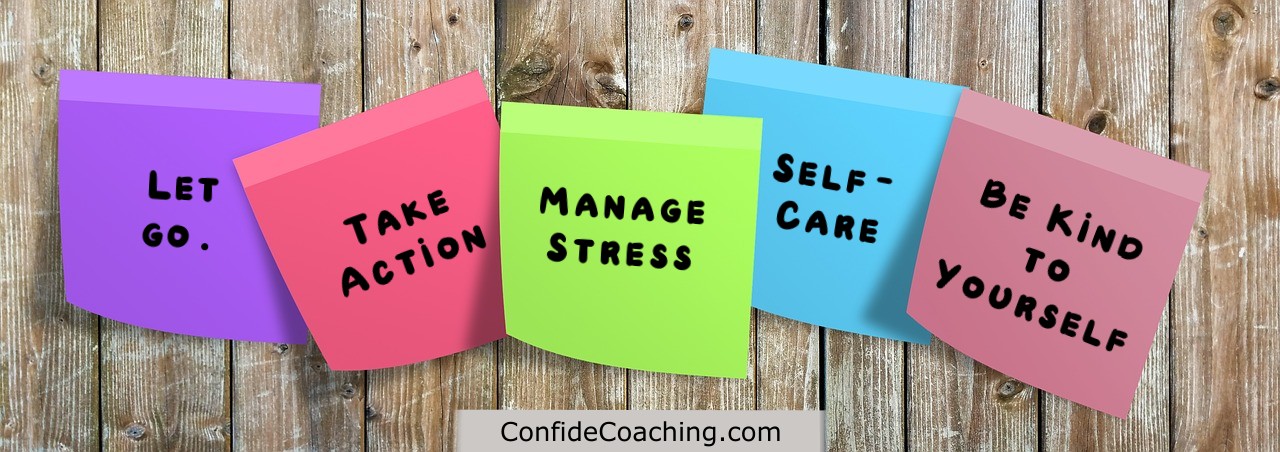
Many people fear uncertainty. The world has always been an uncertain place marked by economic upheavals, natural disasters, changing geopolitics, and technological transformations.
The Covid-19 pandemic, however, has most recently rocked the world and changed humanity’s collective calculus of uncertainty. There have always been threats and disasters, but these were localized to nations or regions. As such, there’s no reference case for the Covid-19 crisis in living memory.
From worries over exposure to the virus to concerns about the economy’s stability, everyone has had to adjust and readjust their habits and behaviors continually in response to a constantly changing environment. Dealing with uncertainty can be upsetting, confusing, and frustrating.

COVID-19 hasn’t been easy for any of us.
It’s no surprise that dealing with Covid-19 has led to emotional disturbances, depression, stress, and even post-traumatic stress symptoms. If you find yourself physically and emotionally exhausted, you’re not alone.
The past two years have been a rollercoaster, and no one knows what to expect or what the future will look like. Your best strategy is to learn how to cope. While you cannot predict or control the world around you, you can control how you respond to change. And that takes resilience.
Here are some strategies that will help you cope with the uncertainties of life just a little better.
1. Let go
There’s no doubt that these are challenging times. But resisting change and refusing to adapt won’t help you recover, grow, or feel better. The first step to dealing with a changing world is to accept that there will always be things outside your control. Recognize that there is only so much you can do and be willing to embrace resulting change.
Acceptance allows you to see the reality of the situation so you can adjust to it better. Also, a big part of letting go is accepting how you feel about a situation. It’s okay to be angry, worried, and frustrated. Accepting a situation is not the same as resignation. It’s the first step to moving forward.
2. Take action over the things you can control
While many things remain outside your immediate control, you can still bring some stability into your life. You’re not totally powerless. In fact, musing about the uncontrollable events will just get you into a cycle of stress and ineffective worrying. So, switch out the ruminating for some action. Reach out to your loved ones or a professional for support.

In times of uncertainty, it’s best to sustain the relationships that bring you connection and meaning. Also, actively face up to your emotions and challenge your need for certainty. Change, volatility, and uncertainty are inescapable parts of life. That’s why you should have measures in place to cushion you in their event.
One measure is to develop habits and routines that give you a sense of control. When you feel aimless, confused, or overwhelmed, create structure in your life by setting small, attainable goals that will push you forward and provide some stability in your life.
3. Practice self-care
Self-care has become a buzzword over the last few years, but it’s not without its merit. Practicing self-care doesn’t always mean going on a spontaneous vacation or splurging on a shopping spree. Sometimes all you have to do is find healthy comfort items.
Humans are wired to crave safety and security. When you feel unsafe or insecure, your brain activates your dopamine system, which then encourages you to seek out rewards. That’s why you may find yourself reaching for that extra glass of wine, binging on a Netflix series in one sitting, or adding an extra little something to your Amazon cart.
Instead of turning to social media, Netflix, or junk food to soothe your rattled nerves, how about investing in conscious self-care? Call a friend, join a hiking group, practice mindfulness, or start a gratitude journal.
4. Manage stress and anxiety
You have to actively take steps to interrupt the downward spiral of negative thoughts and emotions. It helps to know your anxiety triggers and the measures you can take to find and sustain inner calm. Some time-tested techniques include:
- Exercising – Exercise is a natural and effective stress reliever.
- Meditate – Take time for relaxation through meditation, yoga, or deep breathing exercises to bring you back to the present and calm your nerves.
- Eat a healthy diet – Switch from sugary and processed food and add more omega 3 fats that act as mood boosters.

Finally, Be Kind To Yourself
The urge to self-criticize can be powerful, but it is rarely helpful. No matter your circumstances, choose kindness and patience every time. It’s hard to forgive yourself for your own mistakes and shortcomings, but you’ll need self-compassion if you’re to cultivate a growth mindset.
Be your own friend. To show compassion to yourself is to genuinely care about your wellbeing in the wake of setbacks and uncertainties.
Video: 5 Life Coaching Tips for Dealing with Uncertainty
p.s. – Are you worried about what’s next? Book a free trial session with me and we’ll have a conversation to see if we’re a fit for working together.

Paul Strobl, MBA, CPC
Owner of Confide Coaching, LLC
Paul is a Master Life Coach for GenX and GenY executives and business owners. Originally from Houston, Texas, he has been location independent for most of his adult life. He currently resides in the Rhodope Mountains of Bulgaria near the Greek border with his brilliant wife, 14-year-old stepson (officially adopted in 2021!) and a Posavac Hound rescue.

